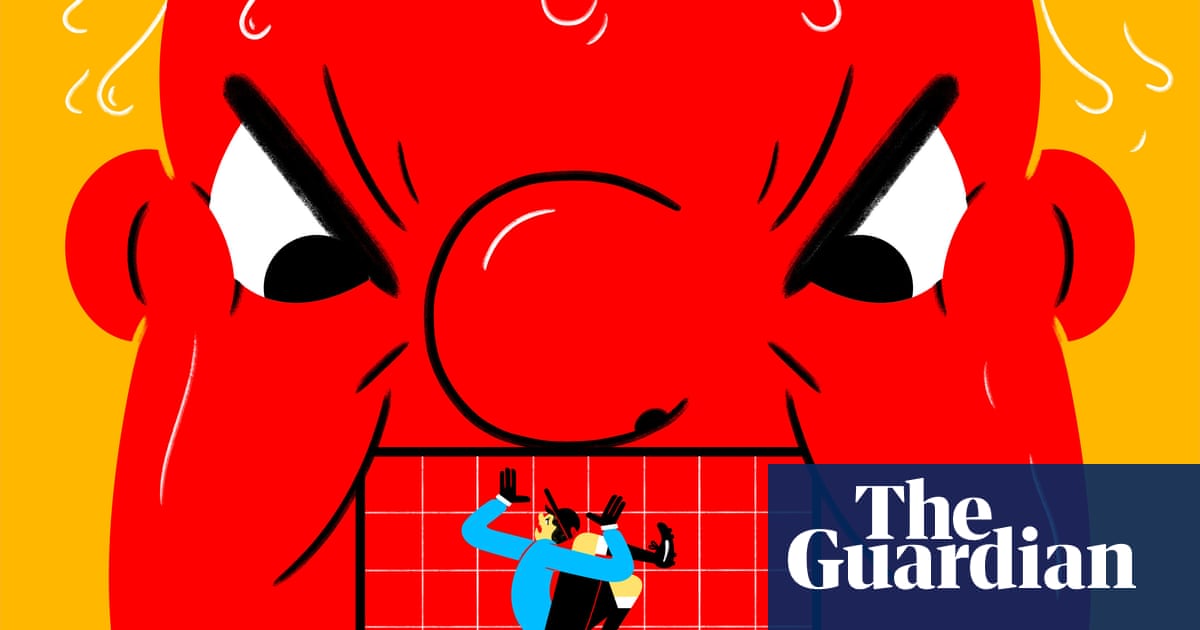Some veteran Conservatives are so convinced that Robert Jenrick, the ambitious shadow justice secretary, is intent on striking an election pact with Reform UK that they have nicknamed him “Nigel’s chancellor”.
The joke, however, gets to the heart of what many of them fear most: that the Tory party is in such a parlous state that their only hope of survival will be to work with Nigel Farage to unite the right.
Kemi Badenoch, the party leader, has ruled this out, pointing out that Farage vowed to “destroy” the Conservatives. But she has struggled to escape constant speculation about her own leadership as her party struggles to adjust to its new reality in the political wilderness.
Tensions bubbled over again this week when it emerged that Jenrick, who lost the leadership contest but who has made little secret of his ambitions, had told a private meeting he would try to ensure that the Tories and Reform did not compete against each other at the next election.
Badenoch sat grim-faced in the Commons on Wednesday as Keir Starmer ribbed her over the remarks. “The member for Clacton is going to do what he always does: eat the Tory party for breakfast,” he jibed. Farage, sitting several rows back, shook with laughter.

There is little cheer on the horizon for the Tories before next week’s local elections, with the party trailing behind Reform and Labour in the polls. Yet there is little open criticism of Badenoch among the 121 Conservative MPs, even in a party with a tradition of removing leaders.
The Tories have finished in third place in every YouGov voting intention poll so far this year, with this week’s suggesting that 20% of voters who backed the Tories in 2024 have now switched to Reform. Labour, by comparison, has lost 11% of its general election vote to Farage’s party.
But among many Tory MPs, there is less a sense of despair at their position, and more one of fatalism. “We can’t expect to have such a catastrophic election result and then reach the sunlit uplands just a few months later,” said one. “I’m totally resigned to just letting this wash over us because there’s very little we can do about it right now. It’s going to take time.”
There is, however, much private grumbling about whether Badenoch has got what it takes to challenge Farage. “Can she come up with the policies we need to see off Reform?” pondered one MP. “Is her team really up to the task? Is she?”
She also faces the challenge of a diminished and disheartened party machine, a huge drop in staff members and a dire financial situation, with donors holding back support and even transferring allegiance to Reform.
Some veterans of Tory government believe that the people around Badenoch are yet to come to terms with how bad things are. “Nigel Farage is not going to be a flash in the pan,” said one former minister. “This country could yet go for his style of politics at the next election.”
Others believe that things have actually become worse for the Tories since their election drubbing, with Reform UK now boasting more members and dozens of Tory councillors across the country leaving the party to join the movement.
One former cabinet minister said they had lost 50% of their constituency association members, including their own agent. Zia Yusuf, Reform’s chair, who has been tasked with professionalising the party’s operation, is now aided by former Tories with years of on-the-ground experience.
after newsletter promotion
The Tories face a tough set of local elections, defending seats that they won at the high-water mark of Boris Johnson’s popularity in 2021. Of the 23 authorities holding elections, they control 19. Reform is on course to make hundreds of gains, many of them at the Conservatives’ expense in the East Midlands and north of England.
But many elections in areas where Farage had hoped to do well, including in Essex and East Anglia, have been delayed. The party’s ground game is less tested than its rivals’, although it has done well in some byelections regardless.
But the Conservatives are not giving up yet. Some of those close to Badenoch say that Reform may not have much further to rise. They even suggest it would be no bad thing if Reform won a few councils, or even a mayoralty, if it then meant it faced full public scrutiny. “It would actually be quite helpful,” one said.
Others, however, believe it is more important to show there are limits to Farage’s inexorable rise. “Their story only works if they have the momentum,” one frontbencher said. “If they stumble, then suddenly everybody starts questioning if they’re as convincing as they think they are.”
For now, Tory MPs are prepared to take their punishment beating at the ballot box, and hope that as the next general election creeps closer, their fortunes improve.
“We don’t want to be complacent, but it’s a long time till the election and there’s an argument that Reform could be near their peak,” one said. “There are a lot of things that could go wrong for them between now and then.”

.png) 2 hours ago
2
2 hours ago
2













































